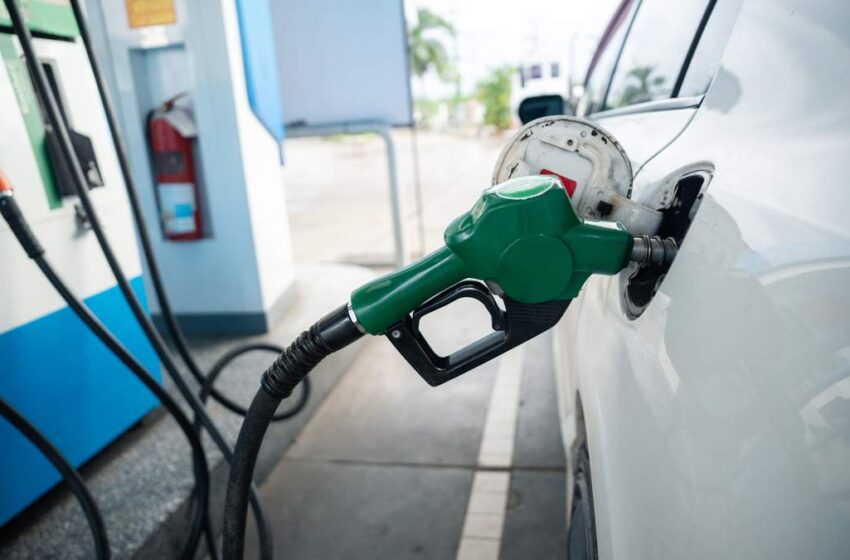Fuel price relief brings hope, amid challenges for South Africans

Car at a petrol station. Photo Credit- News24
South Africans will wake up to a welcome change on Wednesday, September 3, 2025, as petrol and diesel prices drop, offering a sliver of financial relief in a tough economic climate. According to recent reports, diesel prices will decrease by 56c or 57c per litre depending on sulphur content, while petrol prices will also see a reduction, driven by a dip in global Brent crude oil prices from $77.41 to $74.89 per barrel and a slightly stronger rand at R18.50 against the dollar. This adjustment, though modest, arrives at a critical time for households and businesses grappling with high living costs and volatile markets. But what does this mean for the millions of South Africans who rely on fuel daily? From commuters to truck drivers to small business owners, the impact of this price cut ripples across society, raising questions about its immediate benefits and long-term sustainability.
Lifeline for motorists, commuters, and transport sector
For many South Africans, particularly those in areas with limited public transport, private vehicles are a lifeline, and fuel costs directly shape household budgets. The price drop, reducing the cost of filling a 50-litre diesel tank by about R28 to R30, offers tangible relief for people in the low and medium income earners. However, with food and electricity prices still high, the savings feel like a drop in the bucket for low- and middle-income families who spend a large share of their income on essentials. While this cut provides temporary breathing room, it’s unlikely to transform the financial realities of most households without sustained relief.
Moreover, South Africa’s economy relies heavily on road freight, with about 85% of goods transported by trucks, making diesel prices a critical factor for the logistics sector. The 56c to 57c per litre reduction in diesel prices could ease the burden on transport companies and owner-operators, who have faced shrinking margins due to fuel price spikes, including a R1 per litre hike in February 2025. While the price drop may stabilize logistics costs and curb further increases in consumer goods prices, industry experts warn that without consistent reductions or policy interventions, the sector’s recovery will remain fragile.
Implications on South Africa’s economy
Fuel prices influence South Africa’s economy far beyond the pump, affecting inflation, production costs, and the price of everyday goods like food and clothing. The recent decline in Brent crude oil prices and a marginally stronger rand have created this window of relief, but global markets remain unpredictable, and the rand’s volatility could reverse gains quickly. Economists note, lower fuel costs can slow inflation by reducing transport and production expenses, but this is a short-term fix unless global oil prices stabilize. For small businesses, the diesel price cut means slightly lower delivery costs. Yet, the broader economic outlook remains uncertain, with businesses and consumers alike bracing for potential future hikes.
Conclusion
The fuel price reduction comes after a rollercoaster year of fluctuations, with cuts in April and May 2025 offset by increases in July and August due to geopolitical tensions. This volatility has left South Africans wary, with many viewing the relief as temporary. Adding to the complexity, fuel prices include hefty levies, such as the general fuel levy and Road Accident Fund levy, prompting calls for reform from figures like Minister Gwede Mantashe, who suggested prices could drop to R14 per litre without them. However, such changes would require tough fiscal trade-offs. For now, the price cut fosters cautious optimism, offering a moment of respite but no guarantee of lasting stability in a country where economic pressures continue to mount.

